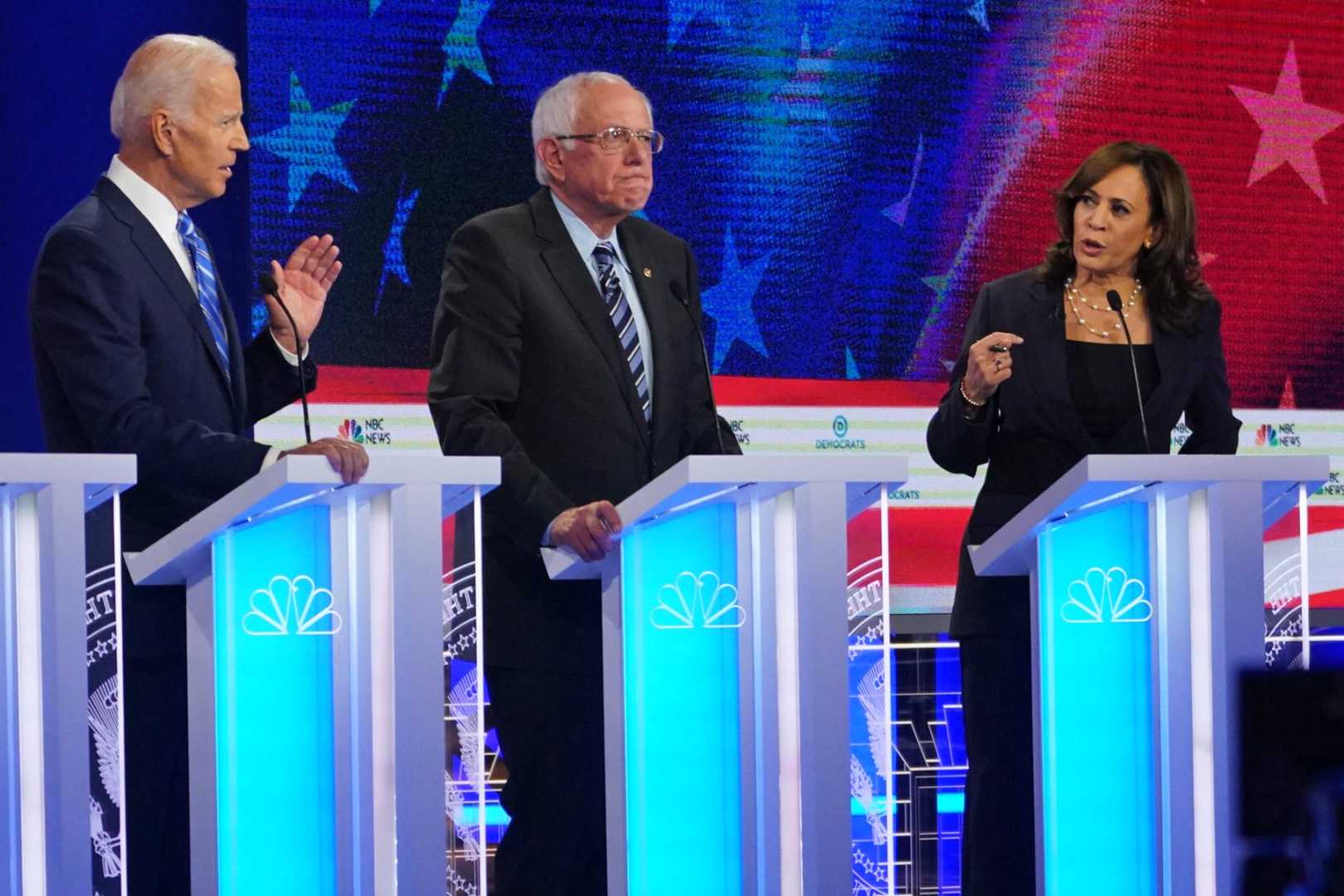Politics
Tense Political Climate Intensifies as B.C. Debate Approaches

With the provincial election in British Columbia drawing near, leaders of the major parties are preparing for a critical televised debate that analysts believe could significantly impact the election outcome. Opinion polls indicate a close race between the New Democratic Party (NDP) and the BC Conservatives, making the debate a vital event for both parties as they vie for the support of undecided voters.
John Rustad, leader of the BC Conservatives, faces a crucial opportunity to introduce himself to the electorate during the debate. Rustad, a former minister dismissed from the BC United Official Opposition in 2022 over his climate change views, has since become associated with a Conservative party that was once nearly obsolete in the province. However, the party is benefiting from a surge in national popularity under federal Conservative Leader Pierre Poilievre.
The NDP, led by David Eby, has expressed concern over Rustad potentially aligning too closely with the federal Conservatives, prompting legal action challenging the change of the BC Conservative’s name on the election ballot. The NDP alleges this move aims to confuse voters by equating the provincial party with its federal counterpart.
Eby, who decided against calling a snap election following John Horgan‘s resignation, has focused on housing and health care reforms to maintain the party’s support. The NDP’s campaign strategy has involved criticizing Rustad’s policies and statements, including his recent remarks linking pandemic public health measures to trials for human rights violations, which he apologized for following public backlash.
In their previous radio debate, Rustad was also targeted for controversial statements on climate change and other issues. However, Stewart Prest, a political science lecturer at the University of British Columbia, suggested that the NDP’s attacks might not be resonating as intended. “For the NDP, it hardly matters what they do. They have a certain amount of support, and it doesn’t look like their support is declining,” Prest said in an interview with The Globe’s Justine Hunter.
Meanwhile, Sonia Fursteneau’s Green Party remains significantly behind in the polls, but she has positioned her party as a potential power broker in a minority government scenario.
Surveys identify key voter issues as health care, housing, affordability, public safety, and the economy. The current economic landscape presents challenges, including a projected $10-billion deficit and increasing public service demands. Rustad has pledged to balance the budget within two terms if elected, although the Conservatives have yet to release a detailed platform. The NDP plans to increase spending but claims the deficits will decrease eventually, without specifying a timeline for balancing the budget.
The debate represents “the last opportunity for any party to really shake things up,” according to Prest. With key issues like the opioid crisis and public safety continuing to divide party lines, the debate is expected to ignite a fierce contest for leadership in British Columbia.












